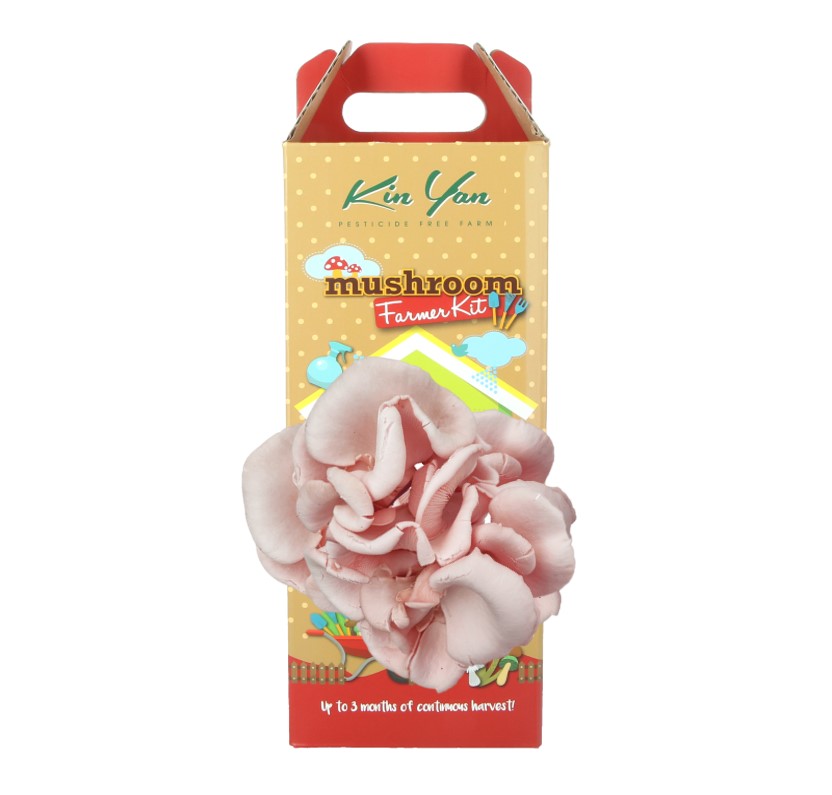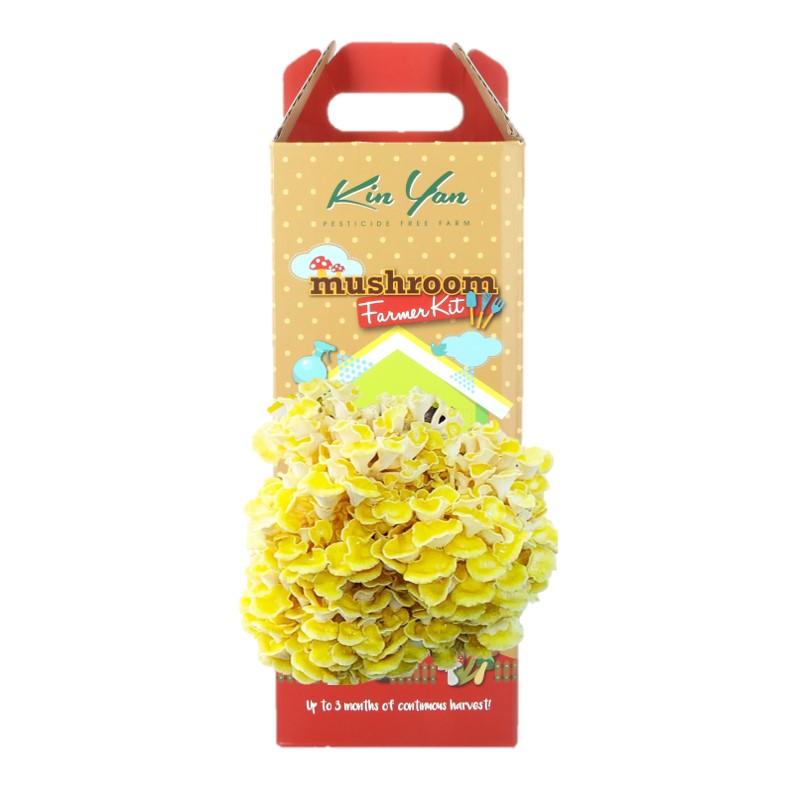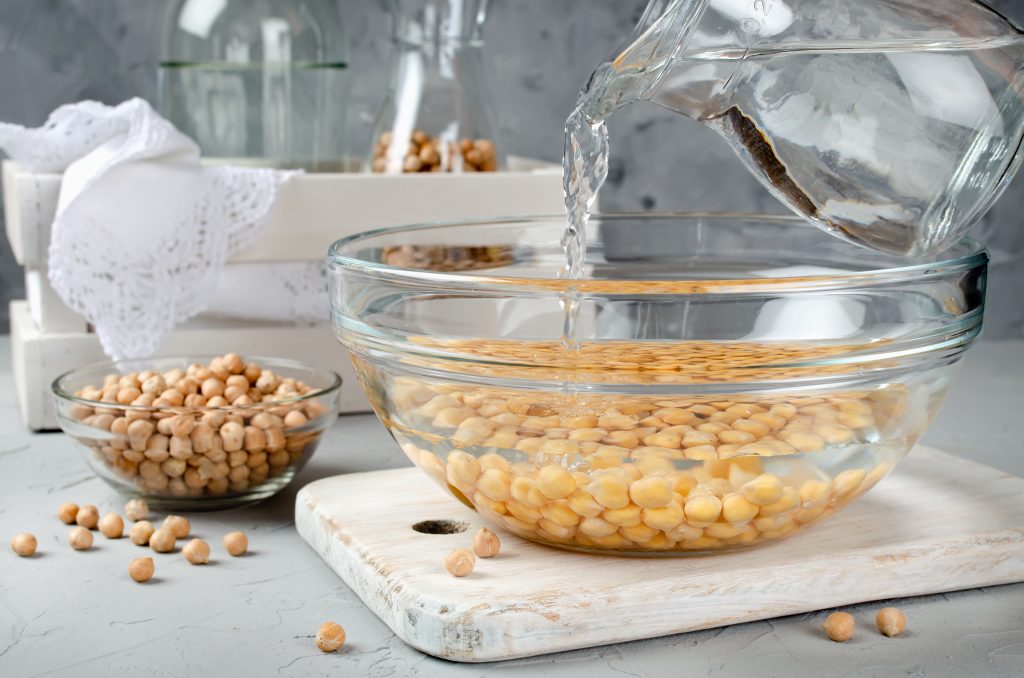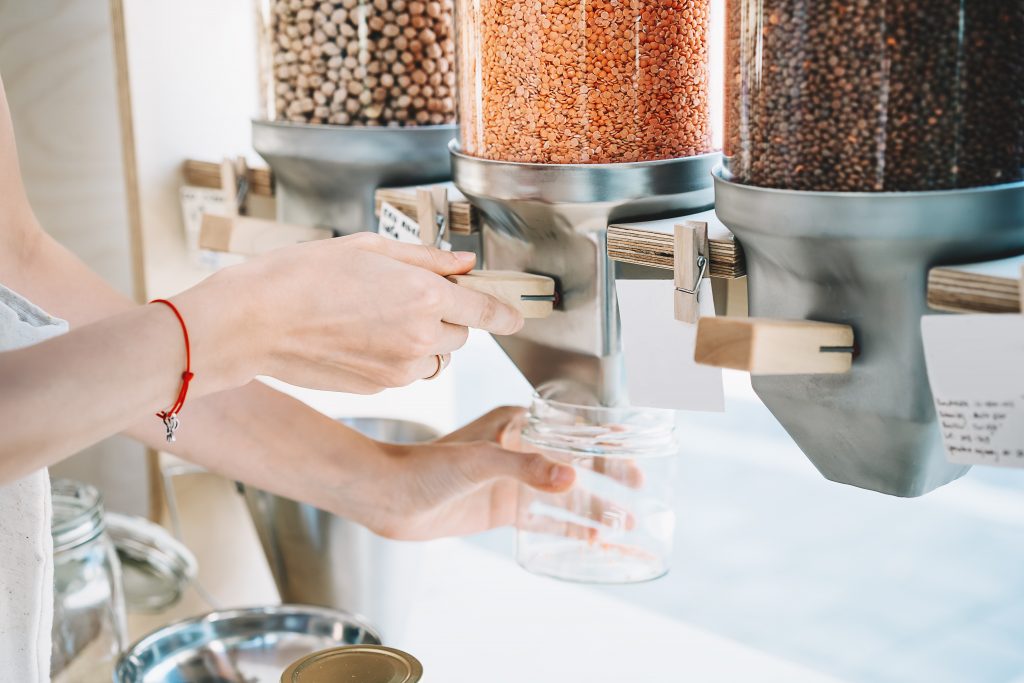Organic eating can be better for you, the environment, and your wallet! Different people choose to eat organic for different reasons. Whether it’s for your health or ethics and beliefs, the reality is that organic food does cost slightly more than conventionally grown items. The costs can add up if you’re not careful!
So how can you do it without burning your budget? It’s not impossible, but doable with these 4 tips for eating organic on a tight budget!
1. Grow your own produce
From spring onions to pink and gold oyster mushrooms, it’s possible to grow your own produce even with limited space at home. It’s a fun way to show your support for the hard work of local farmers who have already been doing just that in our little red dot for many years. It’s a great opportunity to educate kids about the origins of their food and how it is grown, too!
Support local farmers and get started with these foolproof Kin Yan Fresh Pink Oyster and Golden Oyster Mushroom Growing Kits! Simply spritz with water for 10-14 days before harvesting for a true farm-to-table experience.

Fresh Pink Oyster Mushroom Growing Kit

Fresh Golden Oyster Mushroom Growing Kit
By: Kin Yan
Country of origin: Singapore
With the Support Local Fair going on from 24th June to 7th July 2021, purchase both mushroom growing kits at an affordable price of $12.80 at your nearest FairPrice store!

2. Choose dried over canned legumes
Legumes include beans, chickpeas, lentils and even peanuts! However, don’t reach out for that can of beans yet — with just a little bit more preparation, you can stretch more of your dollar with dried legumes instead. Dried organic legumes are more cost-effective and last longer in the pantry. They’re also a better option if you’re looking to control your sodium intake.
All you need is some time to soak them before cooking:
Hot water: Up to 4 hours
Cold water: Up to 8 hours or overnight
Tip: Lentils, split peas and black-eyed peas don’t need to be soaked. Replace canned with dried legumes in these tasty Quick Whole Wheat Wraps or Easy Bean Stew recipes to easily lower the cost per serving!

3. Buy in bulk
Certain organic essentials are slightly less expensive when bought in bulk rather than prepackaged. However, this applies largely to long-lasting dry foods such as legumes, nuts, rice and pasta only.
Bulk food dispensaries are a great place to start. Selected FairPrice Xtra stores such as Vivocity and Parkway Parade have such an area where you can buy as much or as little dry foods as you want!

4. Choose organic housebrand labels
When it comes to fresh produce, that is! Go with organic housebrand labels where possible and you’ll enjoy comparable quality to national brands for better value! For example, the FairPrice housebrand label Pasar Organic is great for its wide range of organically grown fresh produce. Stringent audit trails are conducted throughout the supply chain to ensure that over 40 varieties of organic Asian vegetables — from bok choy and kai lan to tomatoes — are delivered fresh to you and at an affordable price everyday!
We hope that some of these tips will convince you that eating organic can be made possible for everyone and every budget. Shop smarter to feed both yourself and your loved ones a diet that is largely organic!
References:
¹ GRACE Communications Foundation 2003-2021, About Meatless Monday, viewed 12 April 2021



